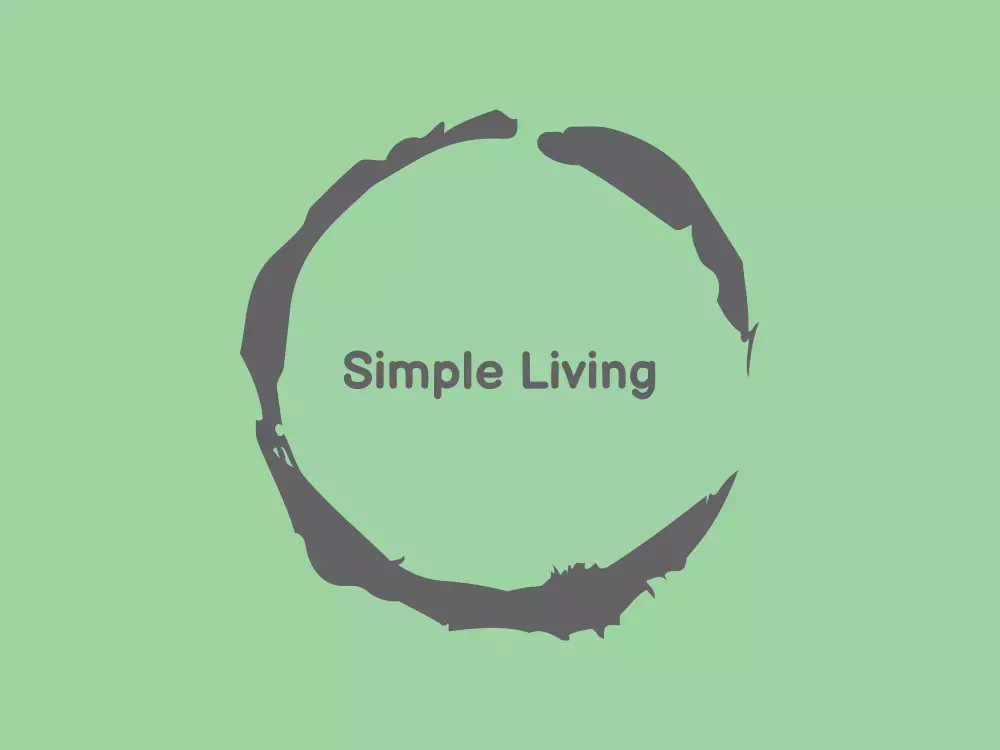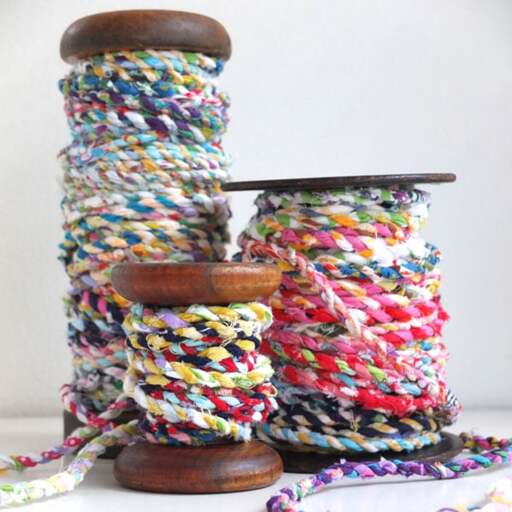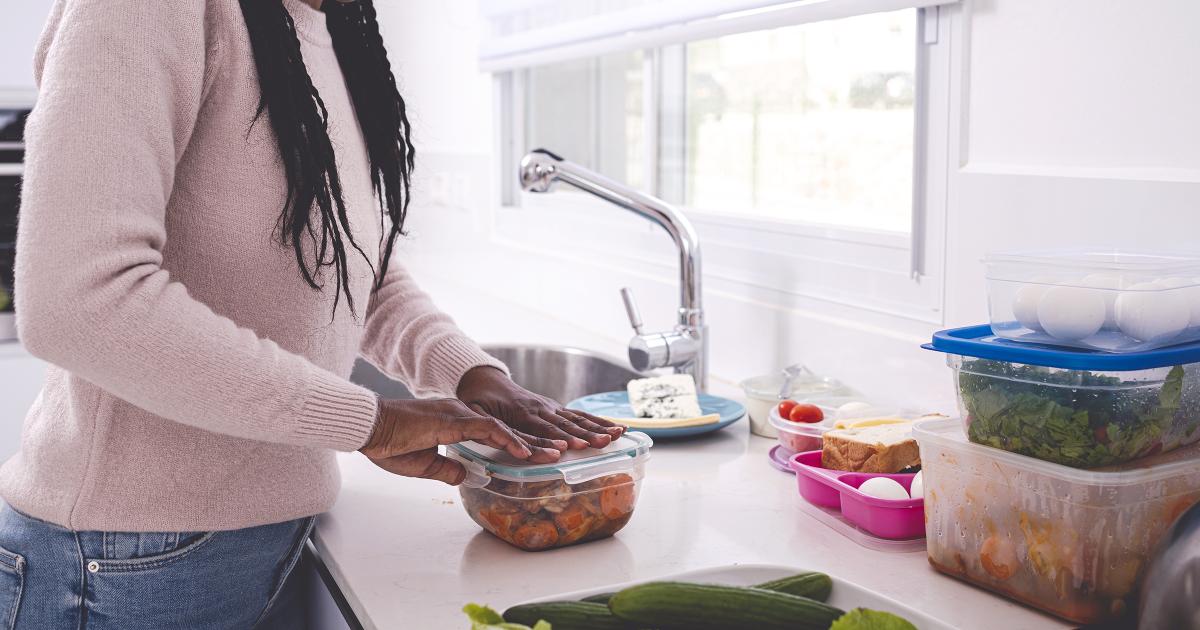

I’ve started making a few non-financial changes to put me in a better position. I’m organising to move my work to a lower cost of living area, which will put me in a position that buying a property should be within reach. I’ve also upgraded my vehicle to a newer model (old car was 2006, just purchased a 2019 model). It’s a small van instead of a car, with the potential to be made into a micro-camper which will give me some cheaper holiday options in the future.
I had good timing selling some ETFs to get cash for the car (and because the move means my timeframe for wanting a house deposit have been moved forward). It wasn’t at the peak of prices, but was before most of the drop.















As in thought they were talking about composting people? Yes. Yes I did.
They are doing that in some places, but is generally something you have to fight to be allowed to do rather than compulsory.